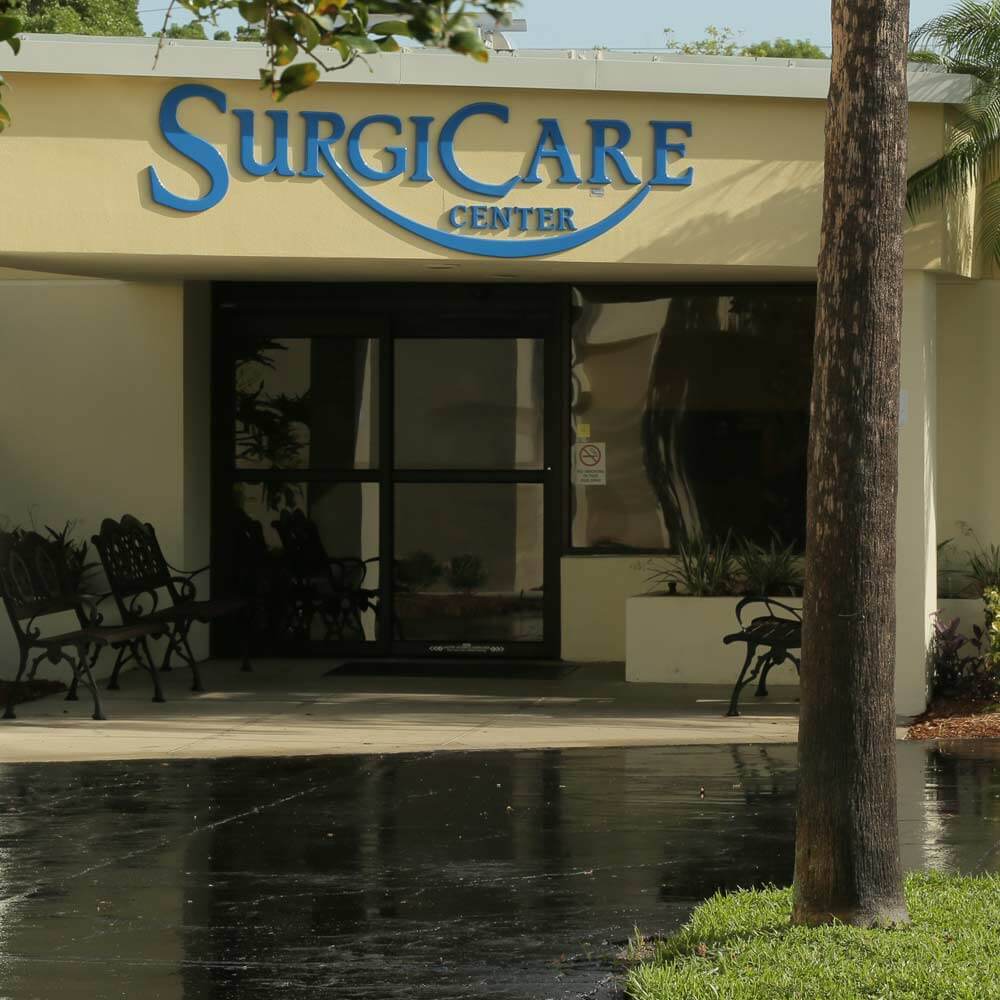When it comes to your surgery, you want to have the very best medical team on your side, and this goes beyond just your surgeon.
CRNAs are a crucial part of many different surgical procedures — they’re highly trained nurses who are essential for ensuring that your surgery is both comfortable and safe.
Many surgery centers bring in outside CRNAs for surgery — as we’re going to explain, this isn’t the safest and most effective solution. At Eye Centers of Florida, we’re one of the only practices in the area who have full-time CRNAs on staff at our Accredited SurgiCare Center in Fort Myers.
CRNA stands for “Certified Registered Nurse Anesthetist.” These nurses are responsible for ensuring that anesthesia is properly administered during your surgical procedure as well as portions of your pre- and post-operative care.
In order to become a CRNA, a nurse has to start their career in critical care and get experience in that area for at least one year. After a rigorous selection process, if a nurse is accepted into an approved graduate program, they will spend two to three-and-a-half years training and gaining clinical experience.
In order to receive CRNA credentials, candidates must then pass an exam administered by the National Board of Certification and Recertification for Nurse Anesthetists.

Our nurse anesthetists are essential members of our surgical team and have more than half a century of combined experience in their field. In order to grasp the true importance of our full-time CRNAs, it’s important to first understand their role at Eye Centers of Florida.
Ensuring that you have a successful surgery begins far before you step into our Accredited SurgiCare Center on the day of your procedure. Before your surgery, our full-time CRNAs make themselves familiar with your needs, determine which medications are appropriate for your case, and make sure you’re fit for surgery.
Just before your operation, one of our nurse anesthetists will prepare you for the procedure. They will then monitor your vital signs to ensure that you remain stable and are responding well to the anesthesia.
Once your procedure is complete, the CRNA who prepared you for surgery will help prepare you for discharge, all the while making sure you’re relaxed and comfortable as you transition into recovery.

With any surgical procedure, you want to make sure that you have the very best team on your side. Take cataract surgery, for example:
During eye surgery, your surgical team will be focused on all aspects of your wellbeing. When it comes time for your surgeon to focus on removing your cataracts, a dedicated CRNA will be on-hand to closely monitor your vital signs. The surgeon and CRNA will communicate with one another throughout the procedure, each ensuring that you are responding well to surgery. Overall, you want to have a surgical team that works effortlessly together to provide you with safe, effective results.
Unlike outside CRNAs who are brought in for surgery, ours are full-time members of the team. This means that our staff has had the time to build healthy working relationships and the understanding necessary to ensure that your procedure is safe.
The full-time status of our nurse anesthetists allows them to work with every department that our patients come into contact with. This continuity of care allows you to have an advocate in your care and a friendly face in the operating room.
We understand that surgery can induce anxiety. Our anesthetists are compassionate, professional resources who ensure that our procedures are carried out with the highest standard of quality and patient care.
If you would like to learn more about our surgical staff or think that you may benefit from eye surgery from some of the industry’s best, contact us.